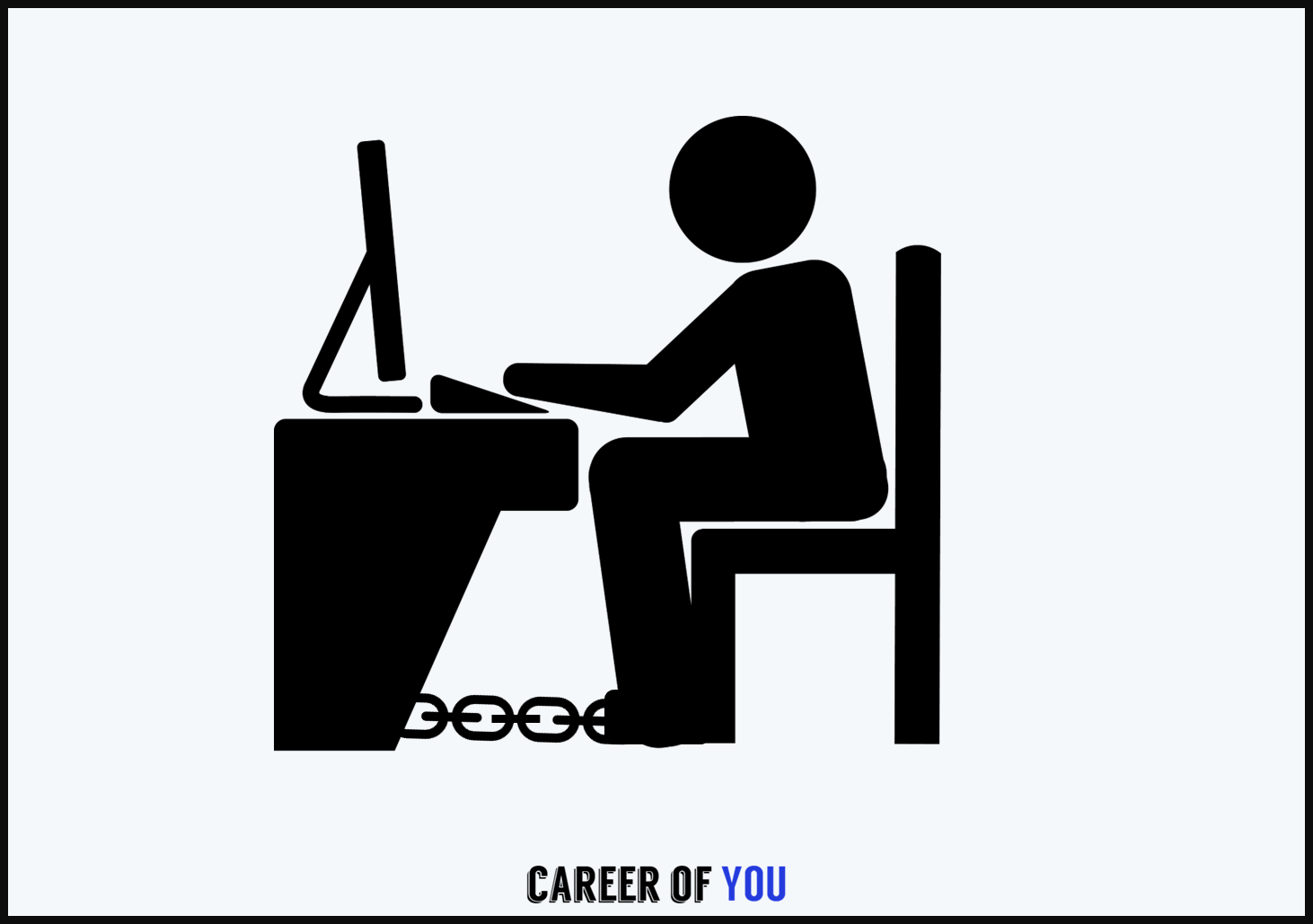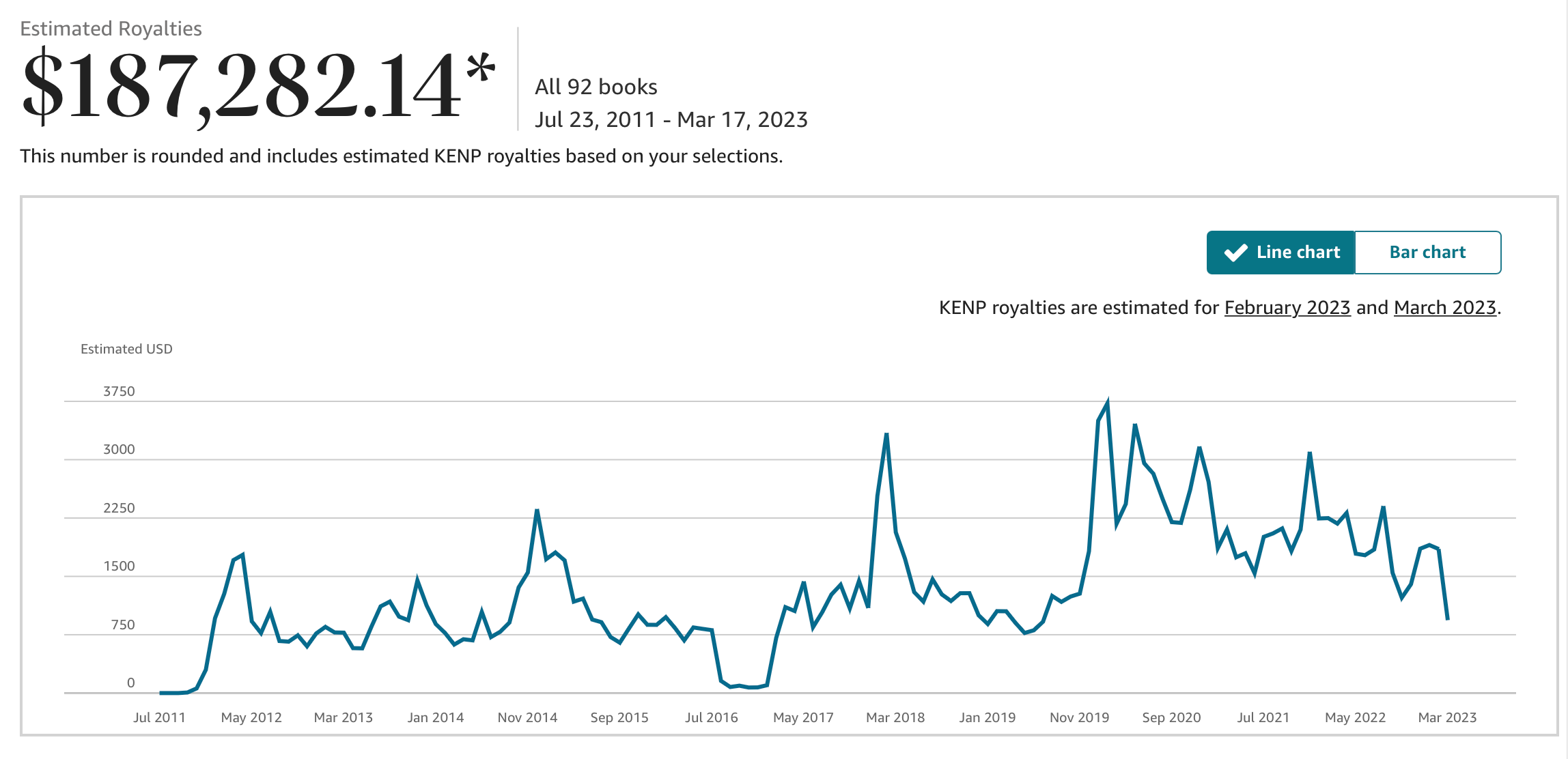The neglected benefits of the office commute.
Ihate my morning commute. Door-to-door it takes me an hour and thirty minutes. After a brisk walk to my nearest station, I cram myself into the London underground system for over an hour. If I’m lucky enough to get on the first tube (that’s London speak for the subway train) it’s so tightly packed, I’m often pressed up against someone else. It’s like being in a nightclub, except people are mostly sober, it’s 07:00 am, well lit, and everyone feels extremely awkward (actually this last point holds true in both scenarios for me, but I digress).
By the time I arrive at work, I’m exhausted, frazzled, and have sweated through my wool suit.
So, when the world-went remote, I couldn’t believe my luck. I had gained three hours back each day. I could have a cup of tea with my wife before work! Then something odd started to happen. The extra time I had gained slowly started to erode. I found myself working longer hours and attending way more meetings.
Yes, you are working during commute hours
And it appears I’m not alone. A recent study of 3 million people by Harvard Business School found that the average workday has increased by 8.2% — an extra 48.5 minutes. The study also revealed that we are expected to check-in far more frequently. “There is a general sense that we never stop being in front of Zoom or interacting,” says Raffaella Sadun, the lead researcher. “It’s very taxing, to be honest.”
Further research by the health insurer Vitality has found that 59% of people are struggling to switch off at the end of their working day, 40% are working longer hours and 45% are feeling more stressed than before.
The remote working revolution has irreplaceably blurred the boundaries between work and home. And while I don’t relish the thought of going back to an office five days a week, it’s clear that the process of traveling back and forth has some benefits that help us mentally separate the two.
A commute can help you prepare for the day ahead
Consider your morning commute. While being on a crowded bus or train is far from stress-free, research by Jon Jachimowicz at Columbia Business School has found that for many people, the morning commute gives you the time to engage in “work-related prospection”– that is, thinking and planning about the day ahead and the steps you need to take to achieve your goals. His research found that those who use their morning commute to plan their day experienced greater job satisfaction throughout the day.
A commute is good for your waste-line
While a train or bus journey doesn’t carry the same physical demands as a HIIT class, there is plenty of evidence that your daily commute can be good for your physical health. A study of Taiwanese commuters, for instance, found that people who used public transport were 15% less likely to be overweight compared to those who traveled to work in their car. A physical commute can be a good way of guaranteeing a daily walk, even if it’s simply a stroll to and from your local train station. The danger is that without a commute, you can easily slip into bad habits, and simply roll out of bed and straight onto your laptop.
A commute provides protected time for learning
A physical commute can also provide protected time to focus on learning, a safe space where you can’t receive phone calls or emails. And it turns out that the average amount of time we all spend commuting is the perfect amount of time for learning. Neuroscience shows that we often learn best when we study in spaced out chunks — an hour-long commute is an ideal time to put that principle into practice.
To give you an example of the lost opportunity for learning, the BBC conducted research last year, which found that someone who spends six hours commuting each week could read a 100,000 word book in that time.
During my commutes, I would read the news, read books, and work my way through my podcast updates. Since lockdown, the demands of my job have meant that I’ve barely had time to keep up with my news feed.
A commute affords people the time to transition between roles
As dawn turns to dusk, consider your return journey home. Who you are at work, differs from who you are with friends and family. Psychologists argue that people don’t switch easily between roles, and when the boundaries between a person’s different identities reduce it can create a sense of conflict, causing people to become more stressed.
The time period between leaving work and arriving at home provides an essential opportunity for decompression, affording people the time they need to transition between roles.
A commute gives you the time to reflect on your day
The evening commute gives you the time to reflect on the day you’ve just had. Evidence suggests that actively reflecting on your day has a direct correlation to improved performance at work. Francesca Gino, a researcher at Harvard Business School, asked trainee IT workers to spend 15 minutes reflecting at the end of each day. By the end of their course, he found they performed 20% better than people who spent the same 15 minutes working.
While the practice of self-reflection could easily be done at your desk, the point is we have all lost two to three hours of protected time to the changing nature of work — to emails, zoom meetings and scope creep.
Build a ‘fake commute’ into your work from home schedule
It’s easy to let work creep into your personal time and slip into unhealthy habits: sleeping in more, not exercising, and failing to keep boundaries in place between our work and home lives.
Work is important, sure, but your mental health is key. Taking some time in the morning to have some headspace before work starts, and time in the evening to decompress from a busy day are important and should not be compromised on.
Making dedicated time for yourself will likely make you more productive when you are at work, and more present when you are at home.
As we return to some form of office life, consider adding a fake commute to your work-from-home schedule. Twenty to thirty minutes of protected time for you. Taking a few minutes each day to go for a walk, reflect on your day, or simply going outside to grab a coffee; can all improve our physical and mental wellbeing during a time when it’s crucial we look after ourselves.





